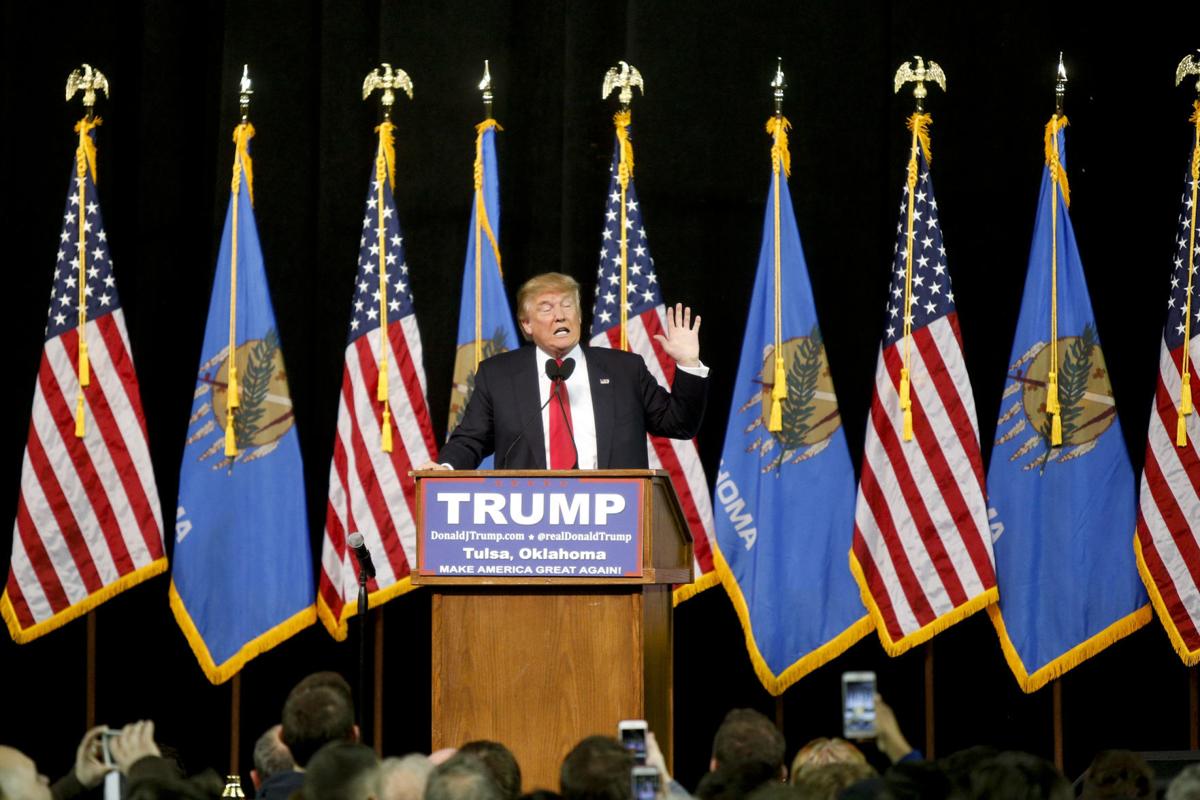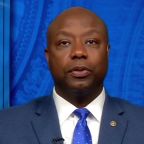Families of black men found hanging from trees in California dispute suicide claims
Sandra E. Garcia, The New York Times•June 15, 2020
The families of two black men who were found hanged from trees in Southern California are asking authorities to further investigate their deaths.
The family of Robert L. Fuller, 24, disputed authorities’ initial pronouncement that he died by suicide. The family of Malcolm Harsch, 38, is worried his death will also be ruled a suicide.
Harsch was found at 7 a.m. on May 31 near a homeless encampment in Victorville, California, where bystanders told authorities he was living. There were no indications of foul play but the investigation was continuing, according to a spokeswoman for the San Bernardino County Sheriff-Coroner’s Department.
The Victorville Fire Department found bystanders performing CPR on Harsch when it arrived at the scene, according to Sue Jones, the public information officer of the city of Victorville. Firefighters took over and tried to restore Harsch’s heartbeat, but they stopped after 20 minutes.
“We grieve for Malcolm’s family and extend our deepest condolences,” Jones said. “Malcolm Harsch’s life mattered.”
Harsch’s relatives were told by the coroner’s office that his autopsy was completed, said Harmonie Harsch, Malcolm Harsch’s sister, but they were not informed of the cause of death.
“We are really just trying to get more answers as to what happened,” Harmonie Harsch, 29, said in an interview Sunday. “My brother was so loving, not only to his family but even strangers. It is not like him.”
Malcolm Harsch moved to California 14 years ago from Ohio, Harmonie Harsch said.
“He loved doing tattoos, he was very artistic,” she added.
Harmonie Harsch said she was conducting her own investigation into her brother’s death.
“It has been stressful,” she said. “It doesn’t sound right.”
Around 50 miles west of Victorville, in Palmdale, California, Fuller’s family questioned authorities’ pronouncement that his death was considered a suicide.
At a rally for Fuller on Saturday, Diamond Alexander, his sister, said through tears that the initial resolution on her brother’s death “did not make sense.”
“Everything that they’ve been telling us has not been right,” she said, according to video of the rally in Palmdale. “We’ve been hearing one thing. Then we hear another. And we just want to know the truth.”
A passerby discovered Fuller’s body hanging from a tree in Poncitlán Square, across from Palmdale City Hall, at around 3:39 a.m. on Wednesday, according to the Los Angeles County Sheriff’s Department.
Though the investigation was continuing, authorities noted in their news release that “Mr. Fuller, tragically, committed suicide.” Fuller’s autopsy has not been completed, authorities said.
“My brother was not suicidal,” Alexander said. “He wasn’t.”
The men’s deaths have struck a chord with people in northern Los Angeles County and across the nation as many have protested against racism and police brutality for over two weeks, in response to the killing of George Floyd in Minneapolis.
A petition demanding for a full investigation into Fuller’s death had over 215,000 signatures as of Sunday afternoon.
At a news conference held by officials at Palmdale City Hall on Friday, residents made it clear that they did not trust that local authorities would properly investigate Fuller’s death. They demanded an independent review and transparency.
“Why was it right here in public, in front of City Hall, next to a church, in front of a library?” one woman said. “Why was it like that? Who would do that? No black man would hang himself in public like that.”
This article originally appeared in The New York Times.
© 2020 The New York Times Company








 Fr. Joseph Rahal of Washington, D.C. honors George Floyd on Friday, June 5, 2020.
Fr. Joseph Rahal of Washington, D.C. honors George Floyd on Friday, June 5, 2020. 




 WASHINGTON, DC - JUNE 08: House Majority Whip James Clyburn (D-SC) joins fellow Democrats from the House and Senate to announce new legislation to end excessive use of force by police and make it easier to identify, track, and prosecute police misconduct at the U.S. Capitol June 08, 2020 in Washington, DC. Democrats introduced the legislation following the recent deaths of unarmed African-Americans in police custody, including George Floyd, and the nationwide demonstrations demanding an overhaul of law enforcement. (Photo by Chip Somodevilla/Getty Images)More
WASHINGTON, DC - JUNE 08: House Majority Whip James Clyburn (D-SC) joins fellow Democrats from the House and Senate to announce new legislation to end excessive use of force by police and make it easier to identify, track, and prosecute police misconduct at the U.S. Capitol June 08, 2020 in Washington, DC. Democrats introduced the legislation following the recent deaths of unarmed African-Americans in police custody, including George Floyd, and the nationwide demonstrations demanding an overhaul of law enforcement. (Photo by Chip Somodevilla/Getty Images)More


